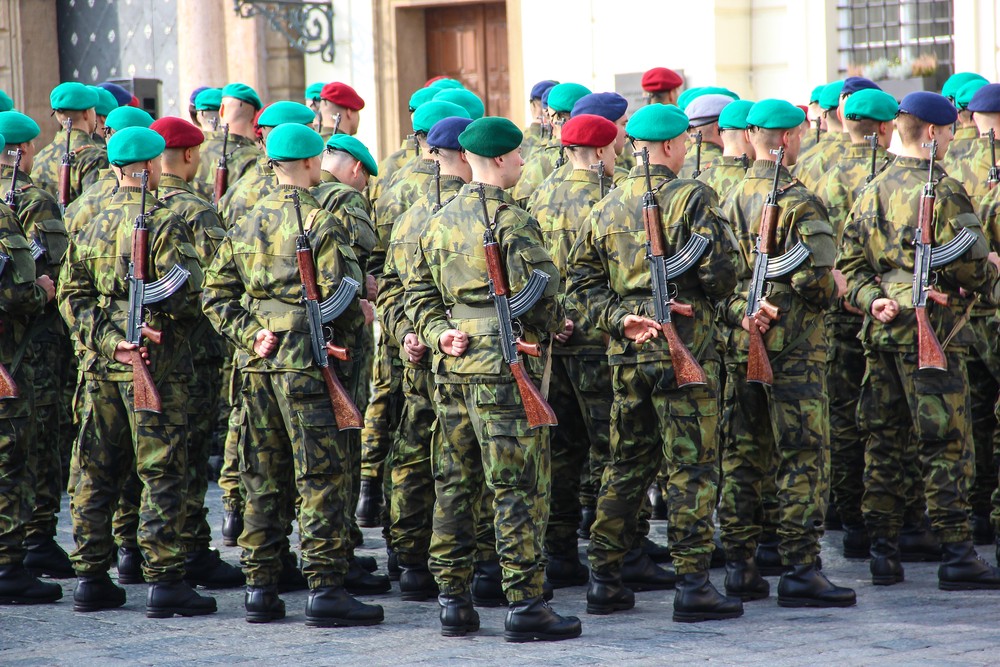The Czech Republic is now legally required to allocate a minimum of two percent of its gross domestic product (GDP) to defense expenditure annually. President Petr Pavel signed the government’s draft today, which not only reinforces defense spending but also ensures stable funding for costly defense projects aimed at modernizing the armed forces. The signing took place at the Castle, and the announcement was made accordingly.
The Czech Republic has repeatedly committed itself politically to increase defense spending to at least two percent of GDP within the framework of the North Atlantic Treaty Organization (NATO). The law will come into effect in July and will, therefore, be applicable to the proposed state budget for the following year. This law mandates the cabinet to allocate a minimum of two percent of the country’s gross domestic product to defense spending in the budget proposal.
As stated in the explanatory memorandum, the defense ministry’s revenues should increase by approximately 21.5 billion Czech crowns compared to the medium-term budget outlook of 2004. Current plans anticipate defense expenditure of 130 billion Czech crowns. During the NATO summit in Vilnius in July, Secretary-General Jens Stoltenberg aims to propose that the current target of two percent of GDP for defense spending should not be regarded as a maximum limit but as a minimum threshold from which countries’ budgets should be based.
According to the draft, other ministries and agencies will also be able to contribute to the total defense spending. However, such expenditures must align with the definitions outlined in NATO documents. The law specifies that other ministries must inform the Ministry of Defense about their defense spending plans three years in advance, and these plans will be incorporated into the defense budget.
The draft introduces changes to the financing rules for significant multi-year projects that have a major impact on the country’s defense capabilities and cost more than 300 million Czech crowns. Decisions regarding these projects will be made by the cabinet. The Ministry of Defense will receive a combined budget for such projects each year and will be able to utilize the funds for individual projects in a more straightforward manner.
Furthermore, the law alters budget regulations, including the requirement for state-owned enterprises and the national enterprise Budějovický Budvar to maintain accounts subordinate to the state treasury. These accounts must be held in the Czech National Bank, but they can be opened elsewhere after obtaining approval from the Ministry of Finance.


















